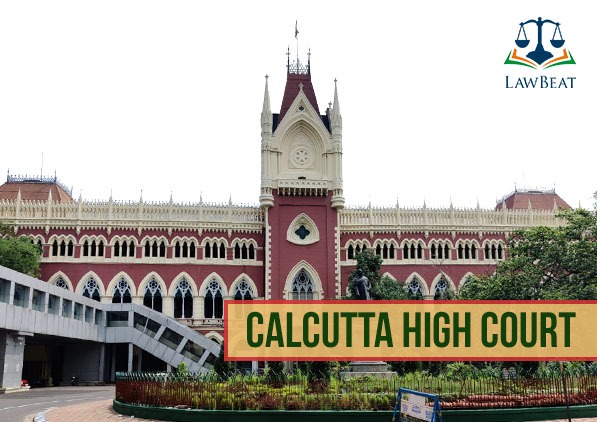"West Bengal lost its feminist roots": Calcutta High Court laments that the state has forgotten its legacy

The Court urged the West Bengal government to reflect on the rich feminist history of the state, citing notable women such as Begum Rokeya Sakhawat Hossain and Sarojini Naidu Chattopadhyay, and to take measures to align with Gokhale's visionary outlook, while directing the government to rework its acid attack victim compensatory scheme
The Calcutta High Court has delivered a striking judgment, emphasizing that the State of West Bengal needs to "rediscover its progressive feminist legacy" and thus, modernize its compensation scheme for acid attack victims. In a poignant ruling on September 8, Justice Shekhar Saraf invoked the words of freedom fighter Gopal Krishna Gokhale, who famously proclaimed, "What Bengal thinks today, India thinks tomorrow."
Justice Saraf lamented that the saying, which once epitomized Bengal's forward-thinking spirit, now stands in stark contrast to the state's lag in various aspects of progress and governance, including the failure to adhere to best practices mandated by the Supreme Court of India. He remarked, "It is unfortunate that this State, which was once known for its progressive feminist discourse, has forgotten its feminist roots."
The Court urged the West Bengal government to reflect on the rich feminist history of the state, citing notable women such as Begum Rokeya Sakhawat Hossain and Sarojini Naidu Chattopadhyay, and to take measures to align with Gokhale's visionary outlook.
Justice Saraf's comments came in the context of an application filed by a minor acid attack victim seeking compensation under the National Legal Services Authority (NALSA) Compensation Scheme for Women Victims/Survivors of Sexual Assault/other Crimes, 2018.
This scheme mandates a minimum compensation of ₹7 lakh and a maximum of ₹8 lakh for acid attack victims. It also prescribes an additional 50 percent compensation of the minimum amount if the victim is a minor.
The Calcutta High Court noted that in 2018, the Supreme Court had directed all states to adhere to the best practices outlined in NALSA's Compensation Scheme. However, it found that the West Bengal government had not yet complied with the apex court's directive.
"It appears that the State of West Bengal has not complied with the mandate of the Supreme Court... and has failed to amend its own scheme of compensation in tune with NALSA’s Compensation Scheme for Women Victims/Survivors of Sexual Assault/other Crimes, 2018," Justice Saraf observed.
In response to this, the Court ordered the West Bengal government to promptly align its practices with the Supreme Court's judgment and establish a compensation scheme akin to NALSA's Compensation Scheme within an eight-week period.
In the particular case before the Court, the state was instructed to provide ₹7 lakh in compensation to the petitioner victim, along with an additional ₹3.50 lakh as stipulated under the NALSA Scheme.
Case Title: Paramita Bera v. Union of India
